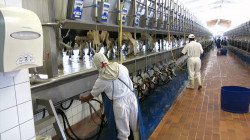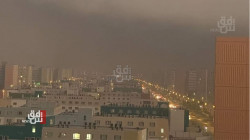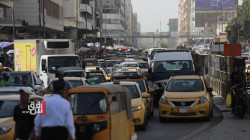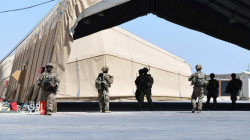Toxic smoke crisis in Iraq’s Hit triggers alarm over waste mismanagement
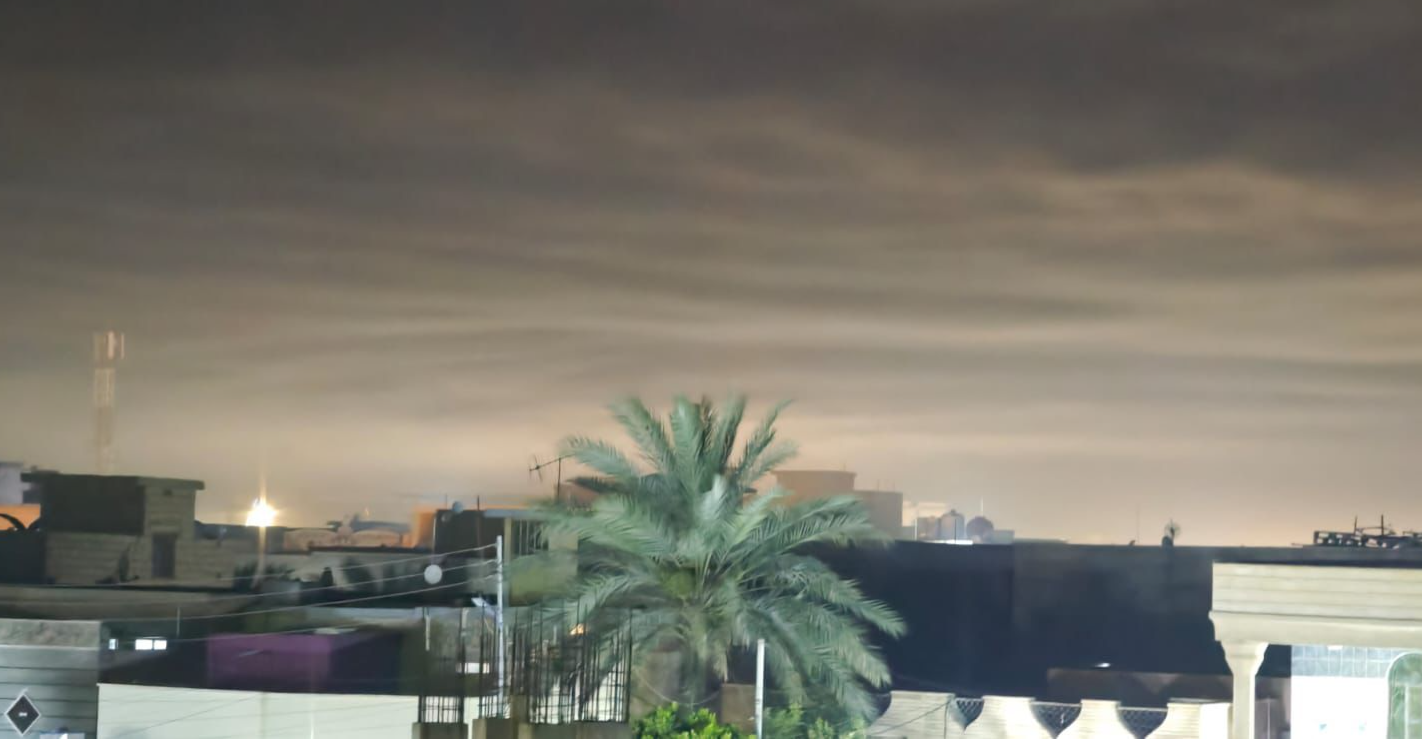
Shafaq News/ A major environmental alert is underway in western Iraq as the city of Hit in al-Anbar province is blanketed in toxic smoke from uncontrolled waste burning, raising alarm over public health risks and broader pollution mismanagement across the country.
The Euphrates Environmental Observatory has issued an urgent appeal, calling for immediate intervention to halt what it described as an “unfolding environmental disaster” caused by illegal waste incineration and unregulated dumping.
“The skies over Hit are thick with hazardous emissions,” said Samim Salam, head of the center, in comments to Shafaq News. “We are witnessing one of the most serious health and environmental crises in the area, and it’s entirely preventable.”
According to Salam, the smoke stems from repeated fires at unsanitary landfill sites located near residential areas, where flammable materials are set ablaze—often by informal waste pickers—releasing a cocktail of carcinogenic toxins into the air. With electricity shortages forcing residents to rely on air coolers, the situation has been exacerbated by heat and poor ventilation, pushing the city to the brink of a “public health emergency.”
“These fires release dangerous compounds like dioxins, volatile organic pollutants, and fine particulate matter—chemicals directly linked to asthma, heart disease, and cancer,” Salam warned. “The situation is especially dangerous for children and people with respiratory conditions.”
The warning echoes a wider environmental challenge in Iraq, where decades of war, underinvestment, and weak enforcement have left the country vulnerable to unchecked pollution. Across several provinces, mismanagement of landfills, sewage, and industrial waste has created toxic hotspots, with mounting health consequences.
Municipal authorities in Hit have acknowledged the crisis, blaming the fires on “unauthorized scavengers” who ignite waste to recover recyclable materials for resale. In a statement, the Hit municipality condemned the practice as illegal and harmful, pledging legal action against violators.
“These actions are criminal,” the municipality stated. “We have previously removed and warned these individuals, but some persist. We will now pursue them under environmental law to protect the public.”
Meanwhile, local journalist and activist Abdullah Bandar described the scene in Hit as “catastrophic.” Speaking to Shafaq News, he said, “The smoke has covered the entire city. Patients with asthma and respiratory conditions are suffering severely. We’ve received emergency complaints from multiple families.”
Bandar called on Iraq’s Ministry of Environment and international environmental organizations to intervene and help address the systemic failures contributing to this crisis.
“This is not just about Hit,” he said. “If Iraq does not reform its waste management strategy, more cities will face the same fate. The silence and lack of accountability from officials is unacceptable.”
Environmental experts have long warned that Iraq needs a nationwide overhaul of its waste management infrastructure, along with stricter enforcement and public awareness campaigns. In a country already grappling with desertification, water scarcity, and climate stress, the unchecked burning of waste adds a new layer to Iraq’s escalating environmental crisis.

